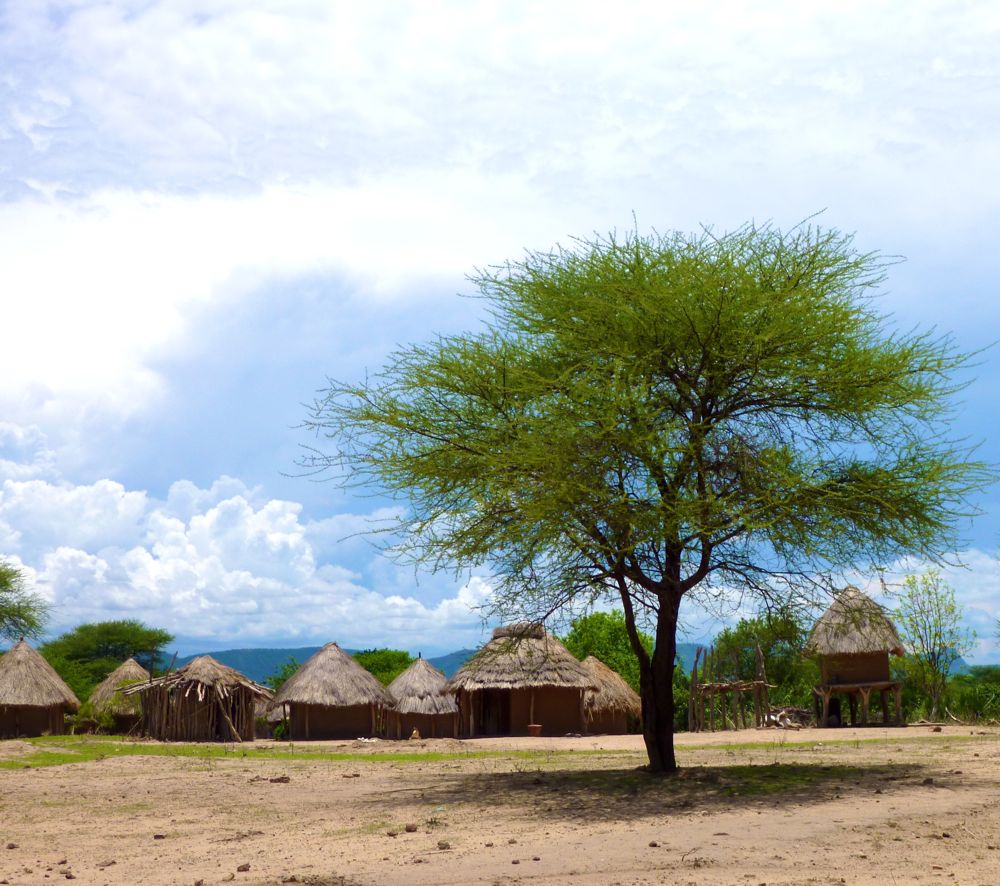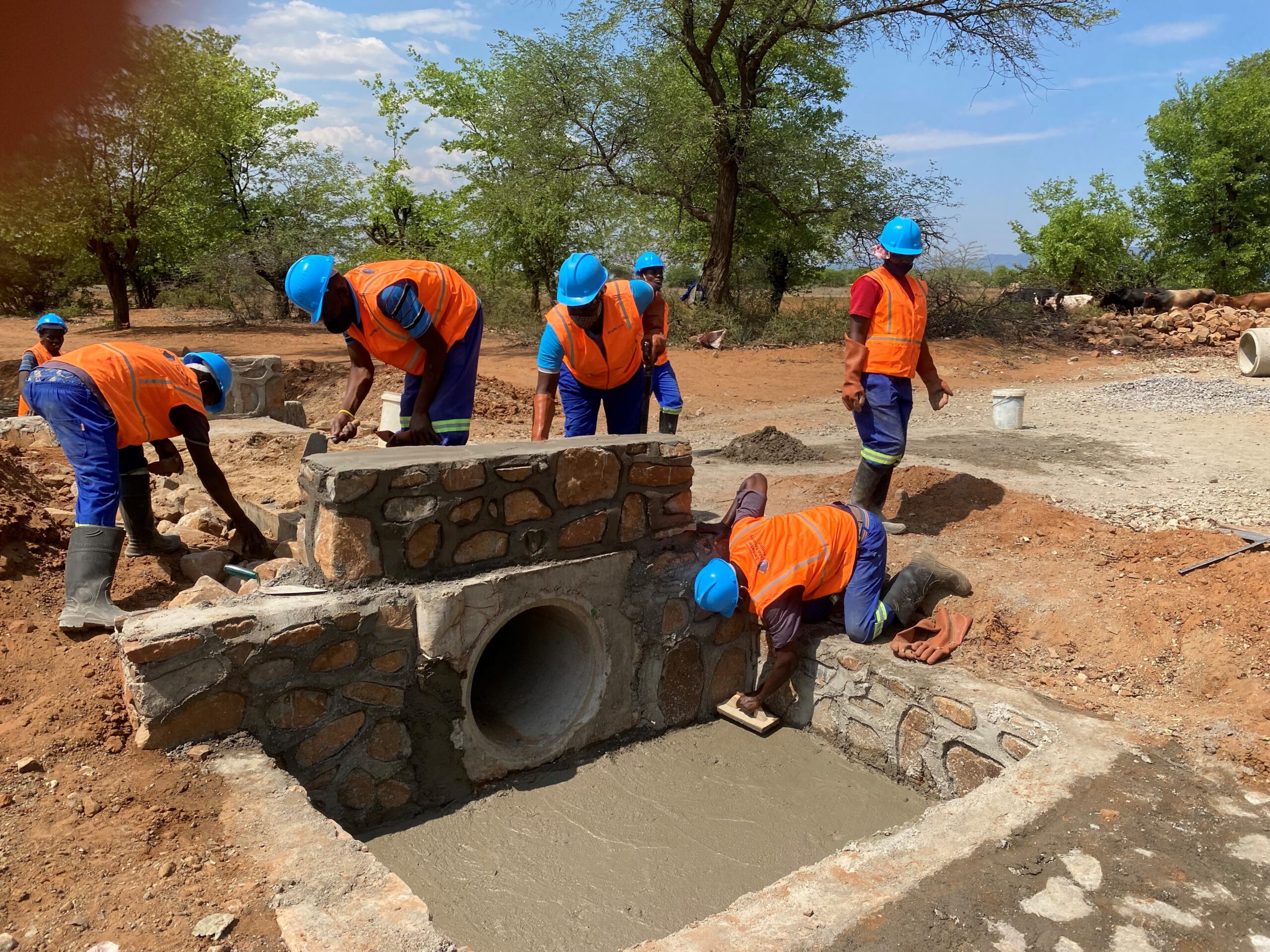
NEARLY six decades after they were displaced to make way for the construction of Kariba Dam for the generation of power, the Tonga people are still without electricity in their homes.
our correspondent
They were forcibly removed from their land of birth when construction of the dam — one of the largest in the world — started in 1955.
The initial stage was finished four years later.
Villagers who spoke to Standardcommunity last week said they felt shortchanged that after being displaced from their land of birth, they were not benefitting from electricity that was being generated from Kariba Dam.
A teacher at Mola Primary School in Kariba, who declined to be named, said the government must prioritise electrification of villages and business centres in areas under Chiefs Negande and Mola, among others.
Some of the affected villagers were resettled in Zimbabwe’s Nyaminyami area while Zambia had a new settlement in Siavonga.
MP for Kariba, Isaac Mackenzie, is bitter that rural folk whose grandparents were displaced to pave way for the construction of the dam do not have electricity in their homes over half a century after Kariba was built.
- Chamisa under fire over US$120K donation
- Mavhunga puts DeMbare into Chibuku quarterfinals
- Pension funds bet on Cabora Bassa oilfields
- Councils defy govt fire tender directive
Keep Reading
He said it was unfortunate that the rural electrification programme targeted just a few rural areas including Siakobvu Business Centre that has “no industry to talk about”.
Mackenzie admitted that the government-initiated programme was a disaster as it failed to electrify some industrial sectors in remote areas of Bumi Hills, Chalala and Mola, among other areas.
“Why did Zesa [Zimbabwe Electricity Supply Authority] leave out industrial areas of Ume Crocodile Farm, Tiger Bay and Bumi Hills hotels as well as Kipling Lodges that employ several hundreds of people?” asked Mackenzie. “They are being forced to use generators but why not capitalise on their potential for better revenue? There is no business to talk about at Siakobvu.”
Also without electricity is Chalala Business Centre where there are 13 kapenta companies that desperately need power.
Mackenzie said several computers donated by President Robert Mugabe to schools during his nationwide computerisation programmes years back were still lying idle because the learning institutions had no electricity.
“It is a pity that even computers donated by President Mugabe are gathering dust at Mola Secondary School due to lack of electricity,” said Mackenzie. “These are some of the challenges that I will take head-on and lure investors in the constituency whose livelihood is tourism but is being neglected.”
He added that due to poor road network, commuters in his constituency were overcharged for short distances.
“Our roads are in bad shape and need rehabilitation as a matter of urgency,” he said.
Mackenzie, who resigned as Nyaminyami Rural District Council chief executive officer before campaigning to be an MP on a Zanu PF ticket, accused the local authority of maladministration.
“Nyaminyami Council relied on game hunting but uncontrolled poaching bled it. The annual quotas declined drastically affecting its revenue base,” he said.
However, Mackenzie faces a daunting task to lure investors to this part of Zimbabwe — one of the remotest areas in the country situated about 245 km north-west of Karoi town.











